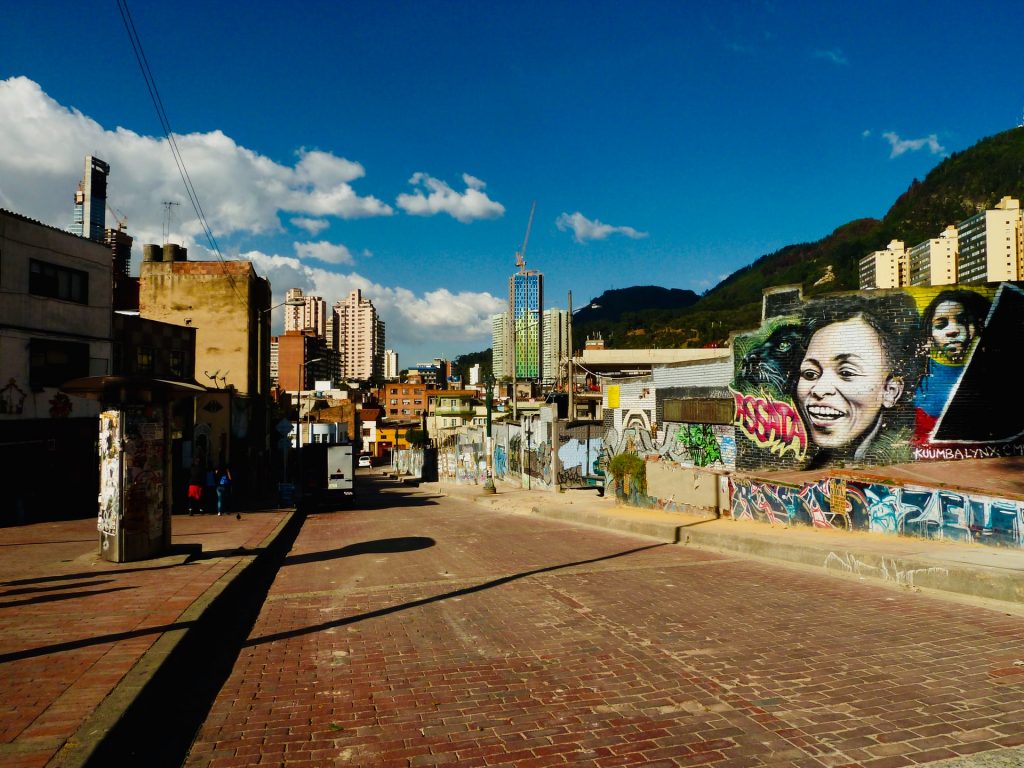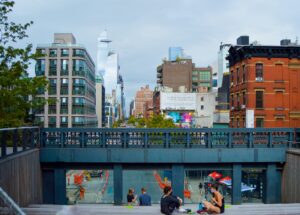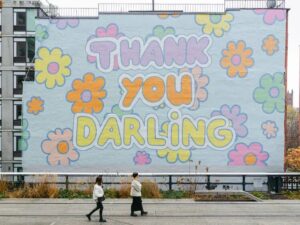In November 2020, the residents of an eight-storey apartment complex in the wealthy area of El Retiro in Bogota, the capital of Colombia, drafted a petition to the city mayor asking to “remove or relocate the agglomeration” of delivery workers that used the sidewalk to wait for their next assignment. These workers, called rappitenderos, a friendly moniker that translates to “quick-grocers,” are part of the delivery company Rappi—a digital platform that allows users to dispatch rappitenderos for deliveries and other tasks. The neighbours requested the removal of these workers to “reestablish security and mobility” in the area and to “prevent a focus of contagion amid the sanitary emergency brought by COVID-19.” They also complained that delivery staff occupied the sidewalk to “sit, ingest food, and engage in recreational activities,” parking their bicycles in front of the building, with some even “using the building’s front yard as a public toilet.” The petition linked the increased robberies in the area to these workers, arguing they had “attracted both street vendors and beggars,” and, in doing so, had turned this corner into a “focus of insecurity, noise, and insalubrity.”
This sort of complaint is not uncommon in the city. Since the emergence of Rappi in 2015, the media has often reported on rappitenderos’ “invasion of public space.” The discomfort has increased with COVID, as delivery workers are deemed “essential” to fulfil basic tasks as the government has imposed social distance measures and quarantines. Under these conditions, residents, restaurants, shops, and supermarkets have all come to depend on the services provided by these workers while at the same time rejecting their presence in public spaces.
Read the full article on Failed Architecture
Authors: Juana Salcedo & María Victoria Londoño-Becerra
Recommended by Floor van Ditzhuyzen











More Stories
Complete Streets in Brazil – Promoting a Paradigm Shift
UVA de Villa Hermosa in Medellín, Colombia
Grand Canal Linear Park / 128 architecture and urban design